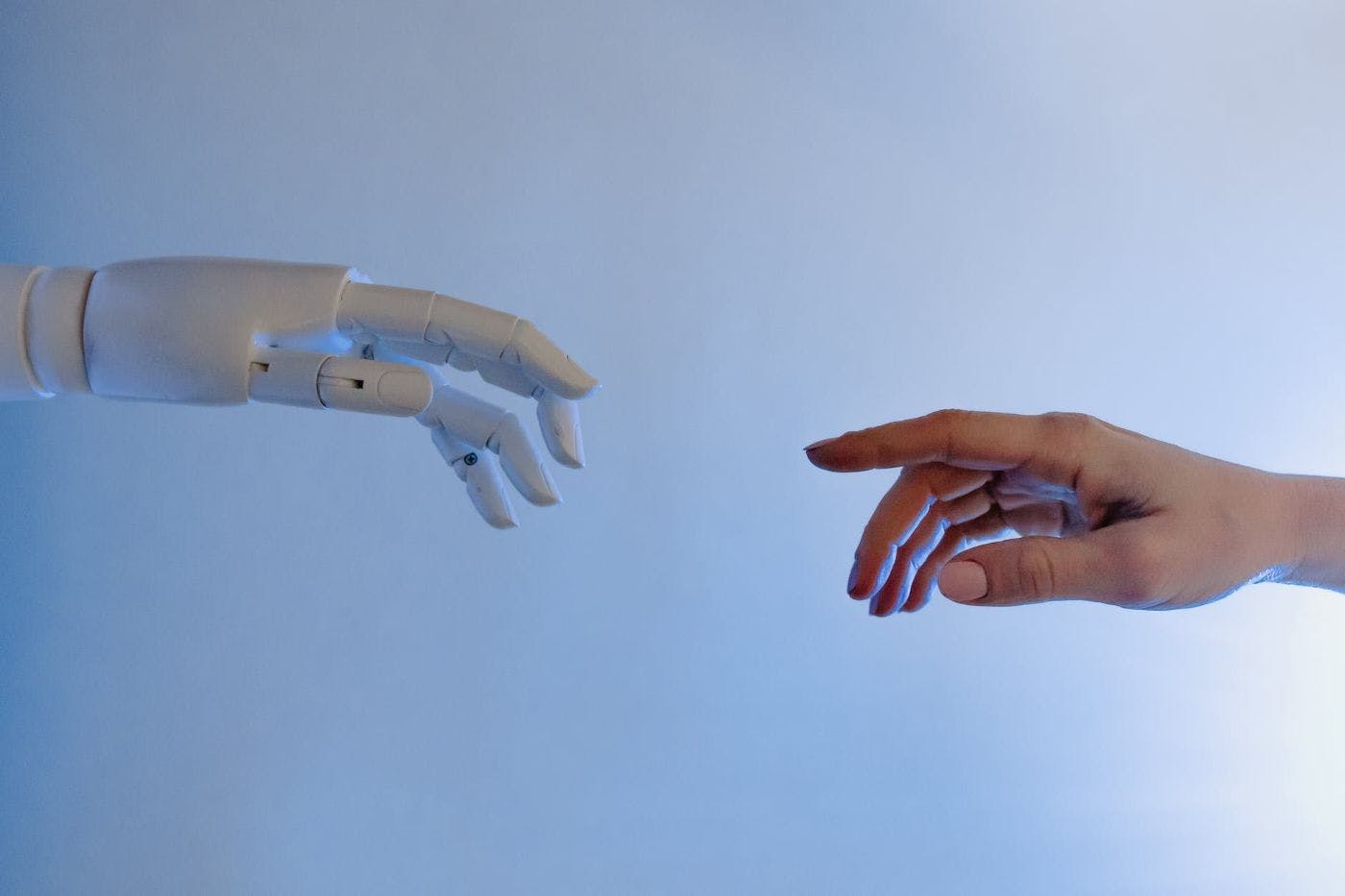1,088 reads
Should We Be Concerned by the Rise of AI?
by
December 27th, 2022
Audio Presented by
AI technical writer, web3, cryptocurrency, gaming & historical article.
About Author
AI technical writer, web3, cryptocurrency, gaming & historical article.
